September is Apple hardware season, where we expect new iPhones, a new Apple Watch and more. But what makes the good stuff run is the software within.
First revealed earlier this year at the company’s annual WWDC developer event in June, iOS 12 and macOS Mojave focus on a running theme: security and privacy for the masses.
Ahead of Wednesday big reveal, here’s all the good stuff to look out for.
macOS Mojave
macOS Mojave will be the sixth iteration of the Mac operating system, named after a location in California where Apple is based. It comes with dark mode, file stacks, and group FaceTime calls.
Safari now prevents browser fingerprinting and cross-site tracking
What does it do? Safari will use a new “intelligent tracking prevention” feature to prevent advertisers from following you from site to site. Even social networks like Facebook know which sites you visit because so many embed Facebook’s tools — like the comments section or the “Like” button.
Why does it matter? Tracking prevention will prevent ad firms from building a unique “fingerprint” of your browser, making it difficult to serve you targeted ads — even when you’re in incognito mode or private browsing. That’s an automatic boost for personal privacy as these companies will find it more difficult to build up profiles on you.
Camera, microphone, backups now require permission
What does it do? Just like when an app asks you for access to your contacts and calendar, now Mojave will ask for permission before an app can access your FaceTime camera and microphone, as well as location data, backups and more.
Why does it matter? By expanding this feature, it’s much more difficult for apps to switch on your camera without warning or record from your microphone without you noticing. That’s going to prevent surreptitious ultrasonic ad tracking and surveillance by malware that hijack your camera. But also asking permission for access to your backups — often unencrypted — will prevent malware or hackers from quietly stealing your data.
iOS 12
iOS 12 lands on more recent iPhones and iPads, but will bring significant performance boosts to older supported devices, new Maps, smarter notifications and updated AIKit .
Password manager will warn of password reuse
What does it do? iOS 12’s in-built password manager, which stores all your passwords for easy access, will now tell if you’re using the same password across different sites and apps.
Why does it matter? Password reuse is a real problem. If you use the same password on every site, it only takes one site breach to grab your password for every other site you use. iOS 12 will let you know if you’re using a weak password or the same password on different sites. Your passwords are easily accessible with your fingerprint or your passcode.
Two-factor codes will be auto-filled
What does it do? When you are sent a two-factor code — such as a text message or a push notification — iOS 12 will take that code and automatically enter it into the login box.
Why does it matter? Two-factor authentication is good for security — it adds an extra layer of protection on top of your username and password. But adoption is low because two-factor is cumbersome and frustrating. This feature keeps the feature security intact while making it more seamless and less annoying.
USB Restricted Mode makes hacking more difficult
What does it do? This new security feature will lock any accessories out of your device — including USB cables and headphones — when your iPhone or iPad has been locked for more than an hour.
Why does it matter? This is an optional feature — first added to iOS 11.4.1 but likely to be widely adopted with iOS 12 — will make it more difficult for law enforcement (and hackers) to plug in your device and steal your sensitive data. Because your device is encrypted, not even Apple can get your data, but some devices — like GrayKeys — can brute-force your password. This feature will render these devices largely ineffective.
Apple’s event starts Wednesday at 10am PT (1pm ET).


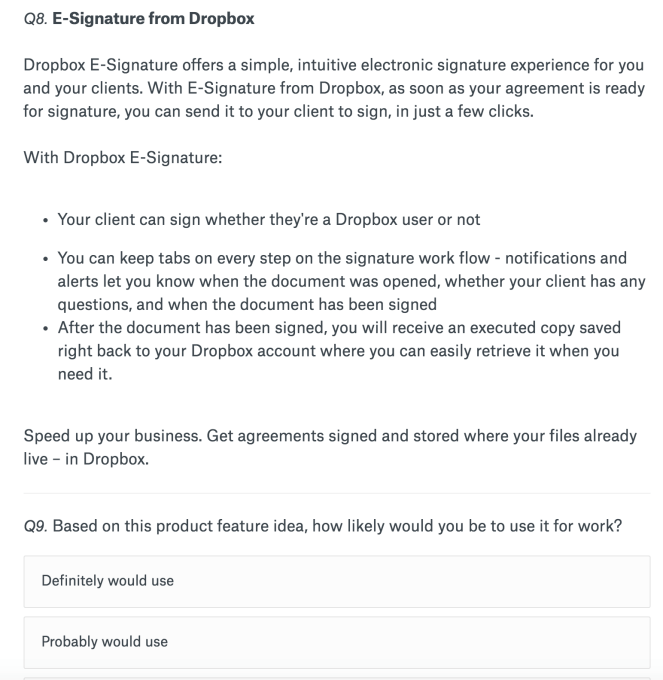
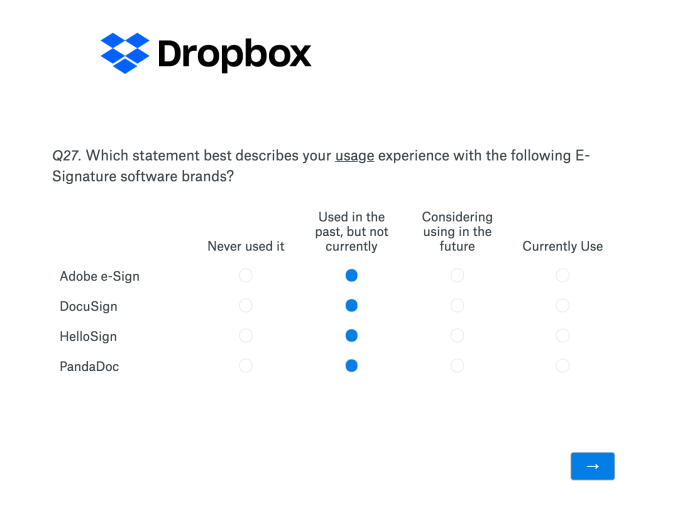

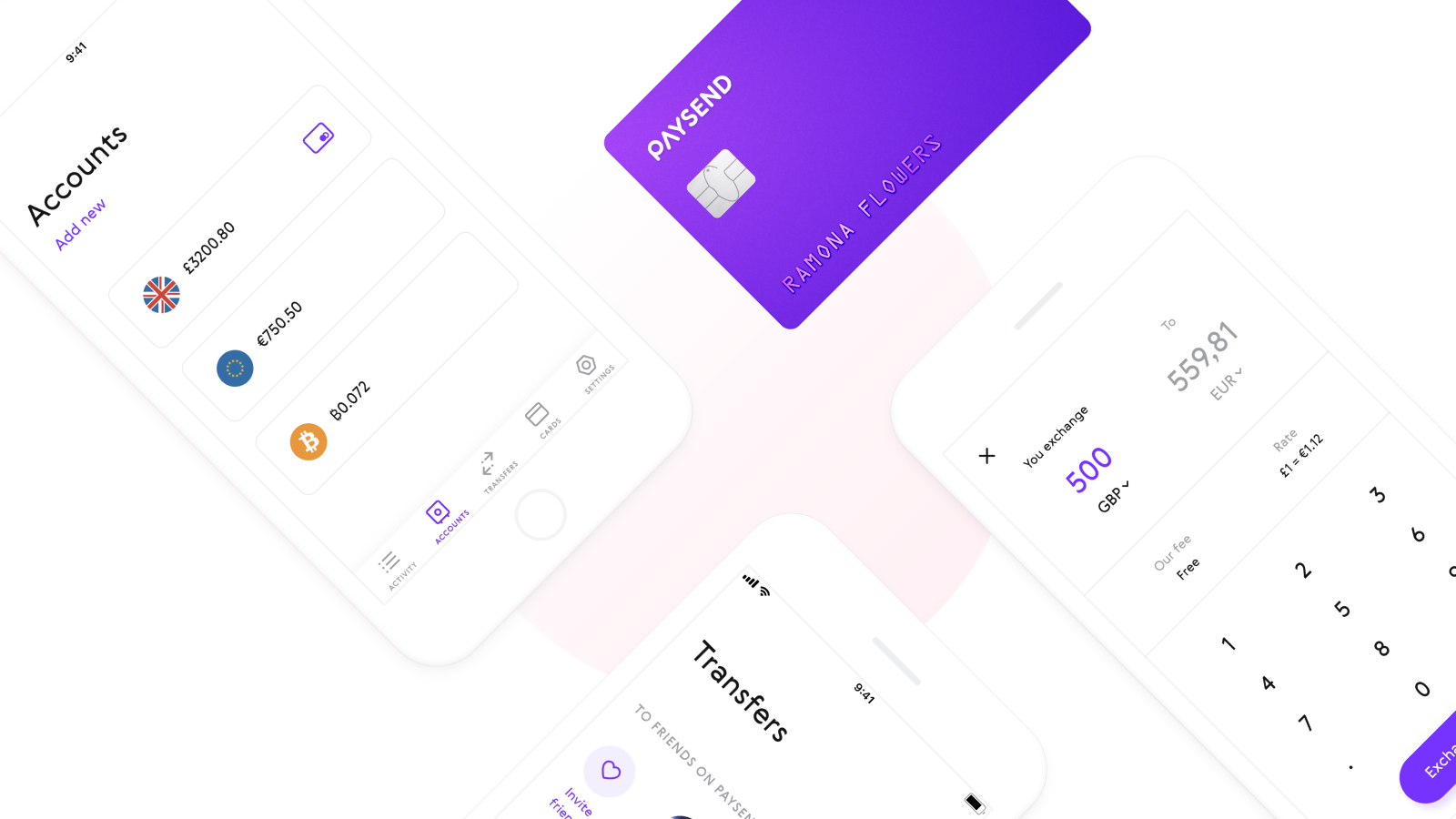
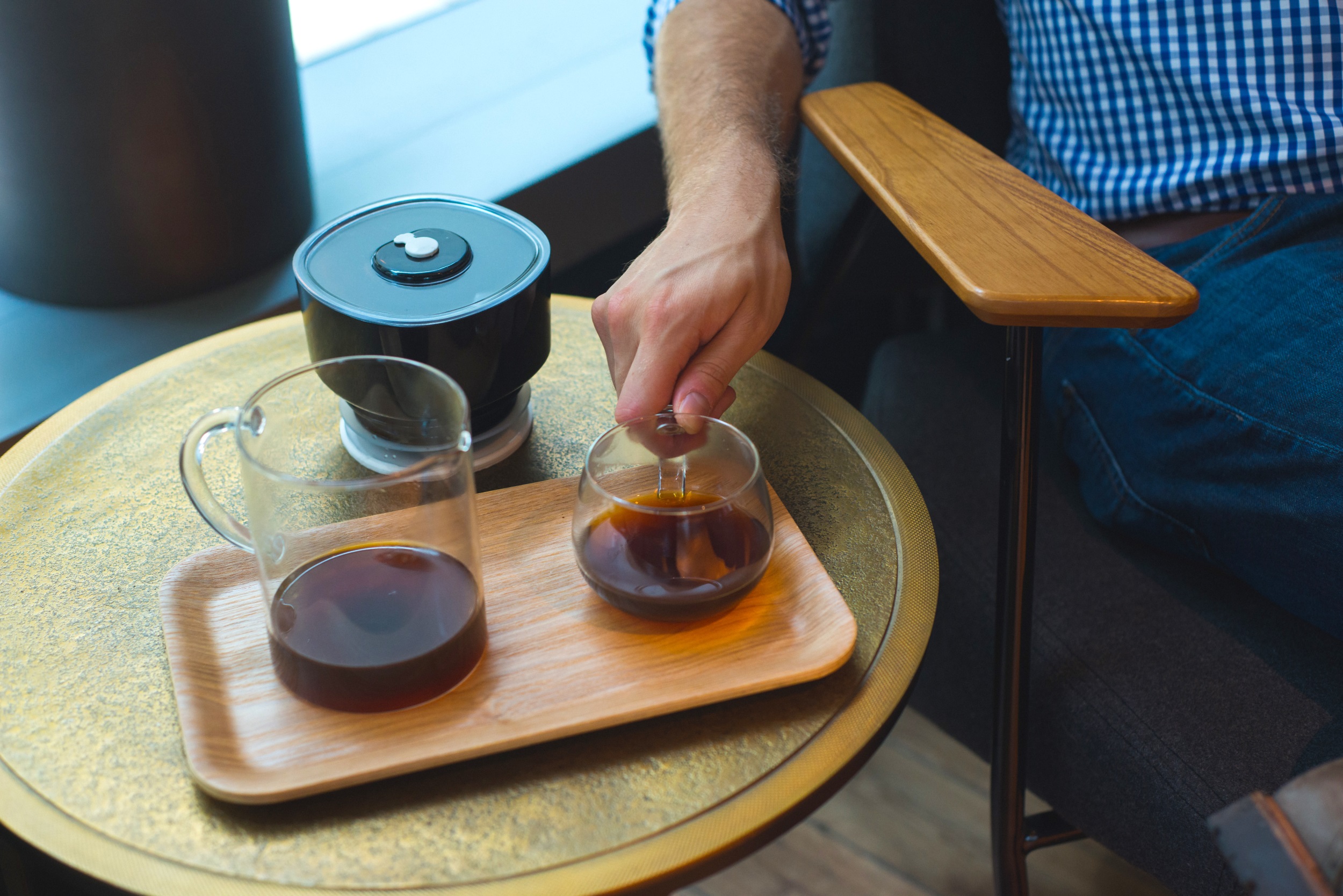 The FrankOne is closest in operation to the big glass vacuum drippers you might have seen in fancy coffee shops.
The FrankOne is closest in operation to the big glass vacuum drippers you might have seen in fancy coffee shops. 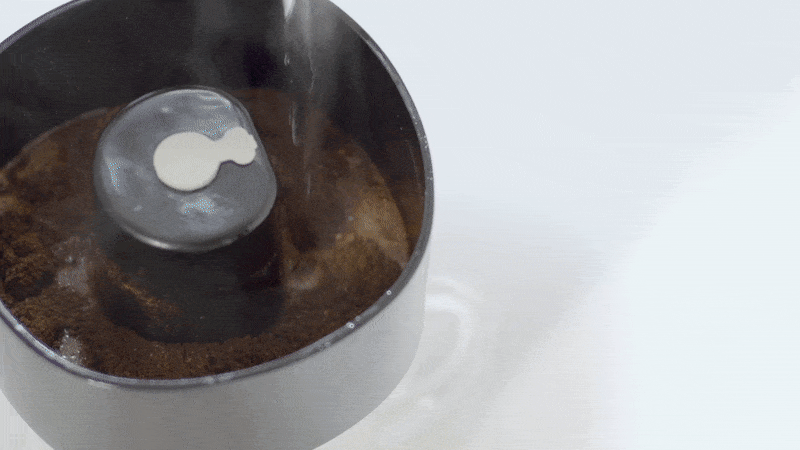 The device will accept various grinds and amounts of coffee, producing a different cup — not a possibility with French Press and not advised with pourover or espresso. And it’s definitely a lot smaller than an Aeropress.
The device will accept various grinds and amounts of coffee, producing a different cup — not a possibility with French Press and not advised with pourover or espresso. And it’s definitely a lot smaller than an Aeropress.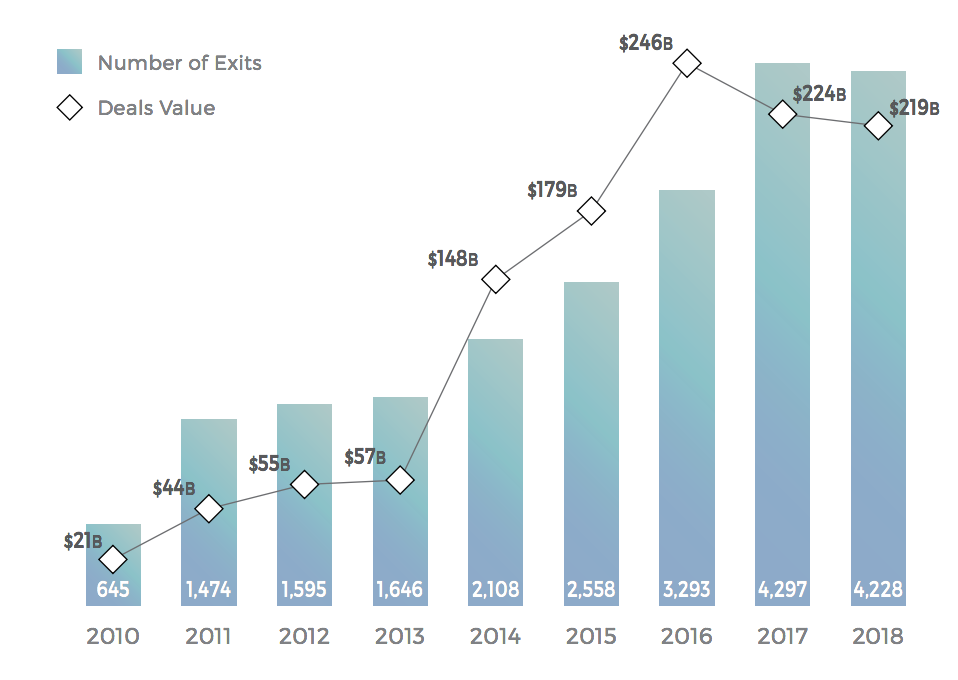
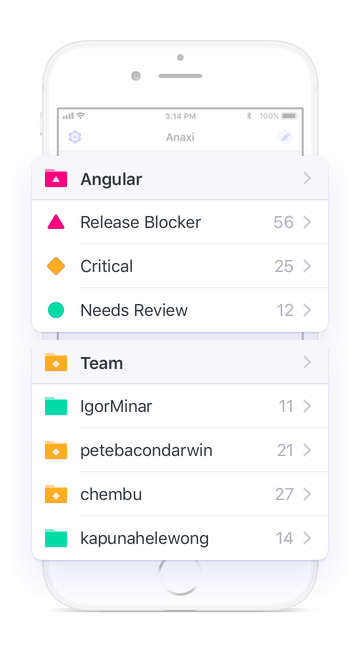 “I’ve been doing software for 40 years,” Verstaen told me.” And every time is the same. You start with a small team and it’s fine. Then you grow and you don’t know what’s going on. It’s a black box.” While the rest of the business world now focuses on data and analytics, software development never quite reached that point. Verstaen argues that this was acceptable until 10 or 15 years ago because only software companies were doing software. But now that every company is becoming a software company, that’s not acceptable anymore.
“I’ve been doing software for 40 years,” Verstaen told me.” And every time is the same. You start with a small team and it’s fine. Then you grow and you don’t know what’s going on. It’s a black box.” While the rest of the business world now focuses on data and analytics, software development never quite reached that point. Verstaen argues that this was acceptable until 10 or 15 years ago because only software companies were doing software. But now that every company is becoming a software company, that’s not acceptable anymore.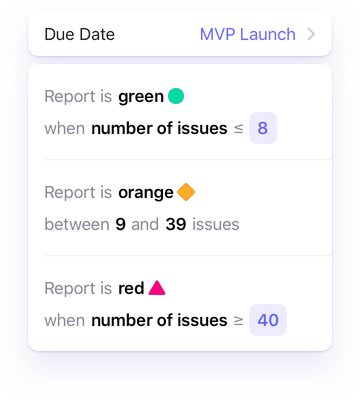 One interesting aspect of Anaxi is that it doesn’t store all of this information on your phone or on a proprietary server. Instead, it only caches as little information as necessary (including your handles) and then pulls the rest of the information from GitHub as needed. That cache is encrypted on the phone, but for the most part, Anaxi simply relies on the GitHub API to pull in data when needed. There’s a bit of a trade-off here in terms of speed, but Verstaen noted that this also means you always get the most recent data and that GitHub’s
One interesting aspect of Anaxi is that it doesn’t store all of this information on your phone or on a proprietary server. Instead, it only caches as little information as necessary (including your handles) and then pulls the rest of the information from GitHub as needed. That cache is encrypted on the phone, but for the most part, Anaxi simply relies on the GitHub API to pull in data when needed. There’s a bit of a trade-off here in terms of speed, but Verstaen noted that this also means you always get the most recent data and that GitHub’s